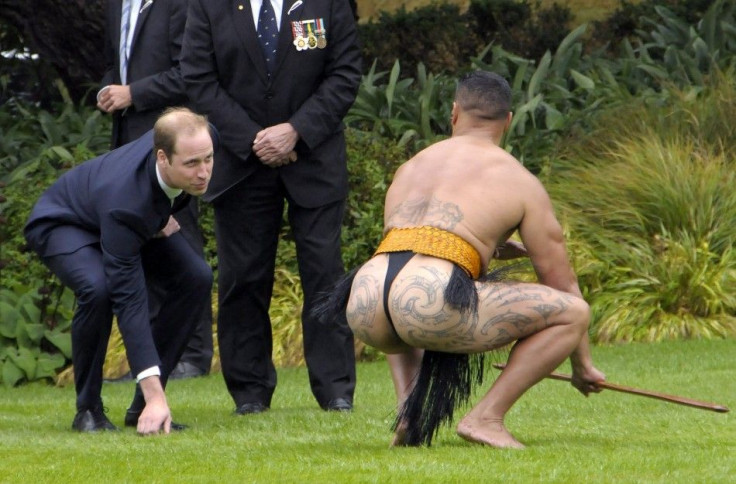New Zealand Tribunal Report On Maori Not Giving Up Sovereignty May Spark Controversy

New Zealand's Maori chiefs did not give up their sovereignty to Britain when they signed a treaty in the 19th century. According to an official tribunal in New Zealand, the controversial finding might spark a debate about history.
Leaders of the Ngapuhi tribe north of Auckland found the significance of the new revelation "huge" since they have always claimed that their ancestors did not willingly cede their sovereignty to Queen Victoria under the Treaty of Waitangi in 1840.
However, a senior government minister rejected reports that the ruling might bring profound implications to New Zealand's modern constitution. The Telegraph said the report was published on Nov 14 after a Waitangi Tribunal inquiry that lasted for four years. The tribunal was a permanent commission that investigates the traditional Maori land grievances. The Treaty of Waitangi has always been considered New Zealand's founding document as a nation.
In the tribunal's report, it said Britain went into the treaty with the intention to "acquire sovereignty," including the power to enforce laws over the Maori and the Europeans. Britain did not explain this intent to the tribe's chiefs.
The report also said British representative Capt William Hobson and his companions had explained that the treaty will grant Britain the "power to control British subjects" to protect the Maori. The chiefs were reportedly assured they will still retain their independence and authority that comes with their position.
The tribunal claimed the "rangatira" or the chiefs who signed the treaty in February 1840 did not give up their sovereignty, including their power to make or enforce laws over their people and territories. Ngapuhi tribe member Waihoroi Shortland said the finding was significant as it vindicated his people's long-ago claims and right to have control of their own affairs.
Attorney-General and Treaty Negotiations Minister Chris Finlayson has moved to dispel fears and said the report does not change the fact that the Crown has sovereignty in New Zealand. He pointed out that the tribunal has not reached a conclusion regarding the sovereignty the Crown exercises in the country. The findings of the tribunal have no legal implications, but Finlayson said the government will still consider the report like any other matter.
Meanwhile, Professor Paul Moon from the Auckland University of Technology accused the tribunal of changing history. The leading expert in the Treaty of Waitangi expressed his shock at some of the statements in the tribunal's report. He believes the tribunal's lack of regard for evidence may affect its credibility.






